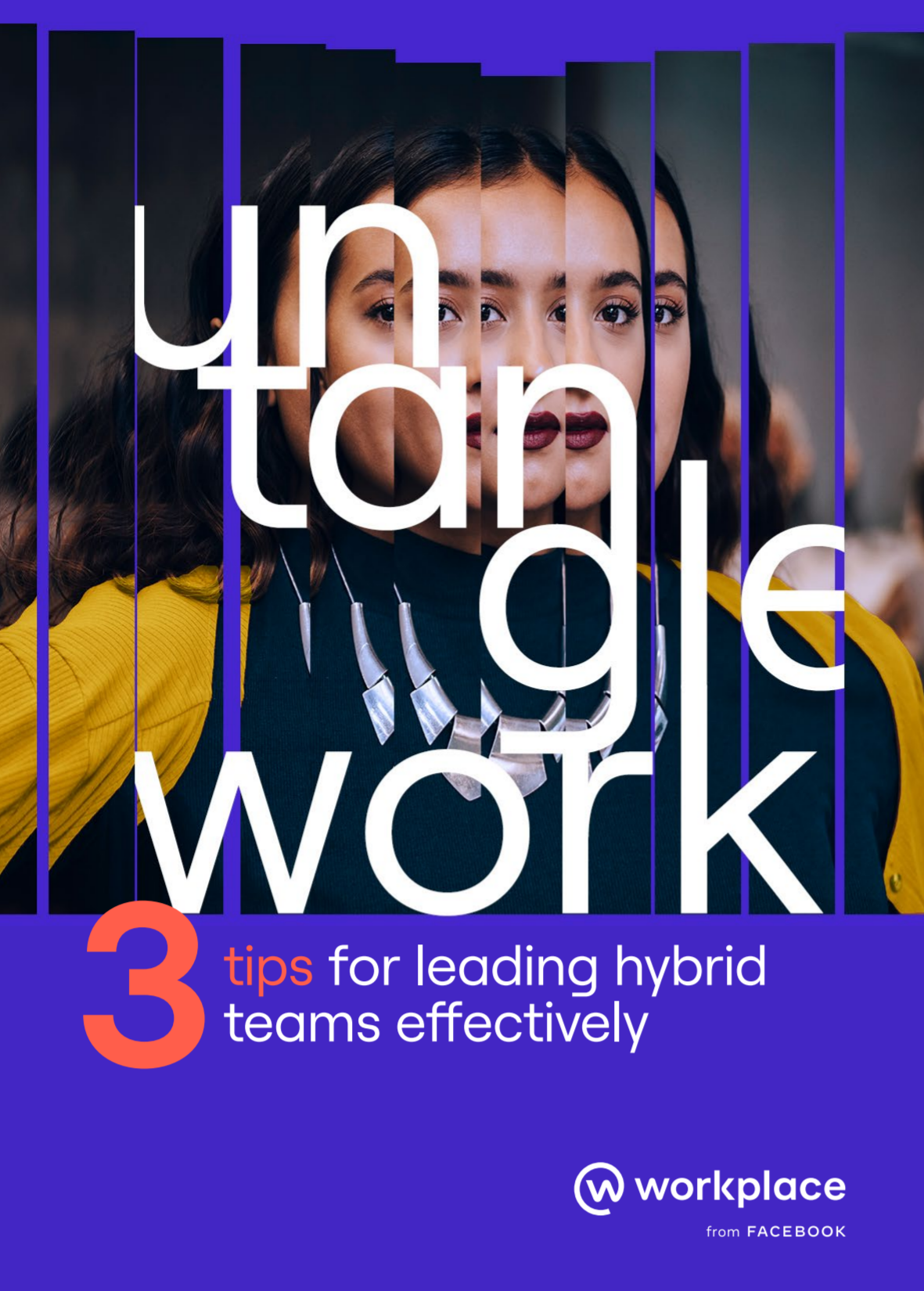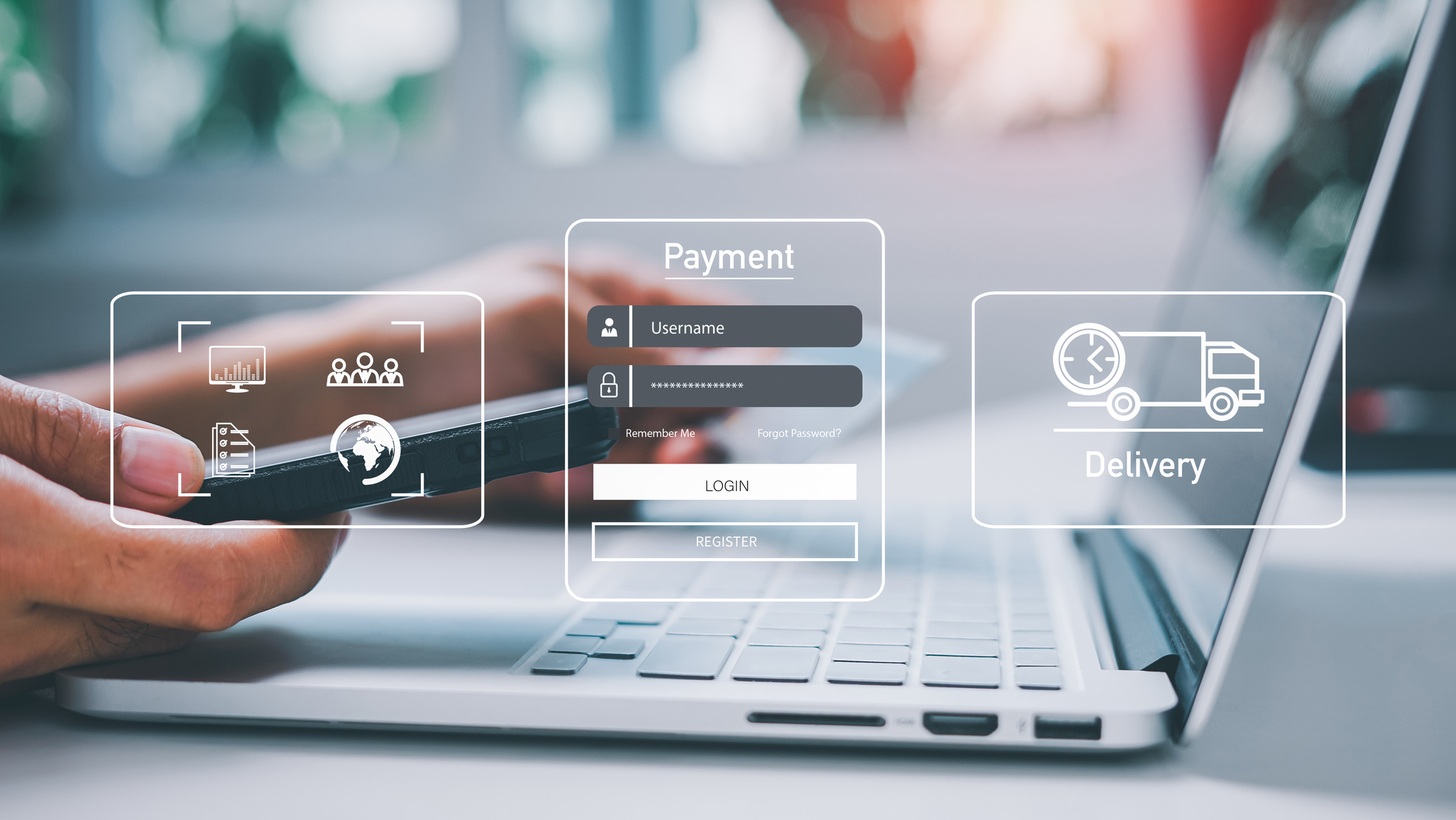A third of UK workers are surveilled by employers
The sharp rise in surveillance comes as it's revealed webcam monitoring has more than doubled


A third (32%) of UK workers are now being monitored at work using technology like tracking software and remotely controlled webcams.
The issue has worsened over the past six months, when workers being monitored stood at a quarter (24%) of those polled by Prospect.
The sharp increase comes amid a huge jump in webcam monitoring, with 13% of homeworkers currently being surveilled by their employer through their work-issued device. The figures have more than doubled in the past six months as just 5% of workers were monitored via video in April 2021.
The vast majority of those questioned thought the use of webcam monitoring by employers should either be banned (52%) or regulated (28%). Just 8% of employees reported feeling that employers should be able to monitor their webcam's image at will.
Younger workers are thought to be particularly at risk of higher rates of monitoring by employers. Defined by an 18-34 age bracket, 48% of younger workers are believed to be monitored at home by employers, including 20% of those being monitored using a camera.
The latest findings have prompted Prospect to launch a campaign to help drive unionisation in the tech sector as it is affected by the recent upward home surveillance trend due to high levels of remote working and low levels of trade union membership.
Home surveillance will be investigated alongside other issues affecting the industry such as a culture of working long hours, workplace discrimination, and pay.
Sign up today and you will receive a free copy of our Future Focus 2025 report - the leading guidance on AI, cybersecurity and other IT challenges as per 700+ senior executives
"We are used to the idea of employers checking up on workers, but when people are working in their own homes this assumes a whole new dimension," said Mike Clancy, general secretary at Prospect. "New technology allows employers to have a constant window into their employees homes, and the use of the technology is largely unregulated by government.
"We think that we need to upgrade the law to protect the privacy of workers and set reasonable limits on the use of this snooping technology, and the public overwhelmingly agree with us. Prospect’s new tech workers sector will be campaigning on this issue and other issues affecting tech workers, and I encourage any workers who are worried about monitoring to join Prospect and support our campaign."
The Information Commissioner's Office (ICO) is currently reviewing guidance for employers on the use of technologies such as employee monitoring.
“People expect that they can keep their personal lives private and that they are also entitled to a degree of privacy in the workplace," said an ICO spokesperson to IT Pro. "If organisations wish to monitor their employees, they should be clear about its purpose and that it brings real benefits. Organisations also need to make employees aware of the nature, extent and reasons for any monitoring.
“We are currently working on updating our employment practices guidance to address the changes in data protection law and to reflect the new ways employers use technology and interact with staff.”
RELATED RESOURCE

Three tips for leading hybrid teams effectively
A guide to employee motivation and engagement for business leaders
Workplace monitoring saw a steep rise over the course of the pandemic which saw the nations' workforce largely adopt a work from home policy.
Some business managers report using the technology to 'feel closer to their workforce' and have reported using the tools for good, offering bonuses and promotions for demonstrably good work.
Questions around the privacy and ethical issues of the technology's use remain, however. Jim Killock, executive director at Open Rights Group, said to IT Pro: "employers think they have a free pass to monitor as they like, but they do not. They have to consider and consult about the impacts on workers, whose dignity and interests must be preserved. Employers are required to be transparent and accountable.
“The government plans to scrap such restraints in their current GDPR consultation, but people should get on and use their rights," he added.
The sentiment is echoed by Chi Onwurah, MP and shadow digital minister, who said: “This deeply worrying research shows just how anxious many people are about the use of invasive surveillance whilst they work. Ministers must urgently provide better regulatory oversight of online surveillance software to ensure people have the right to privacy whether in their workplace or home.
“The bottom line is that workers should not be subject to digital surveillance without their informed consent, and there should be clear rules, rights and expectations for both businesses and workers,” she added.

Connor Jones has been at the forefront of global cyber security news coverage for the past few years, breaking developments on major stories such as LockBit’s ransomware attack on Royal Mail International, and many others. He has also made sporadic appearances on the ITPro Podcast discussing topics from home desk setups all the way to hacking systems using prosthetic limbs. He has a master’s degree in Magazine Journalism from the University of Sheffield, and has previously written for the likes of Red Bull Esports and UNILAD tech during his career that started in 2015.
-
 AI is “forcing a fundamental shift” in data privacy and governance
AI is “forcing a fundamental shift” in data privacy and governanceNews Organizations are working to define and establish the governance structures they need to manage AI responsibly at scale – and budgets are going up
-
 Fears over “AI model collapse” are fueling a shift to zero trust data governance strategies
Fears over “AI model collapse” are fueling a shift to zero trust data governance strategiesNews Gartner warns of "model collapse" as AI-generated data proliferates – and says organizations need to beware
-
 26% of privacy professionals expect a “material privacy breach” in 2026 as budget cuts and staff shortages stretch teams to the limit
26% of privacy professionals expect a “material privacy breach” in 2026 as budget cuts and staff shortages stretch teams to the limitNews Overworked, underfunded privacy teams are being left hung out to dry by executives
-
 EU lawmakers want to limit the use of ‘algorithmic management’ systems at work
EU lawmakers want to limit the use of ‘algorithmic management’ systems at workNews All workplace decisions should have human oversight and be transparent, fair, and safe, MEPs insist
-
 Data (Use and Access) Act comes into force
Data (Use and Access) Act comes into forcenews Organizations will be required to have an effective data protection complaints procedure and fulfil new requirements for online services that children are likely to use
-
 Tech leaders worry AI innovation is outpacing governance
Tech leaders worry AI innovation is outpacing governanceNews Business execs have warned the current rate of AI innovation is outpacing governance practices.
-
 UK businesses patchy at complying with data privacy rules
UK businesses patchy at complying with data privacy rulesNews Companies need clear and well-defined data privacy strategies
-
 Data privacy professionals are severely underfunded – and it’s only going to get worse
Data privacy professionals are severely underfunded – and it’s only going to get worseNews European data privacy professionals say they're short of cash, short of skilled staff, and stressed

